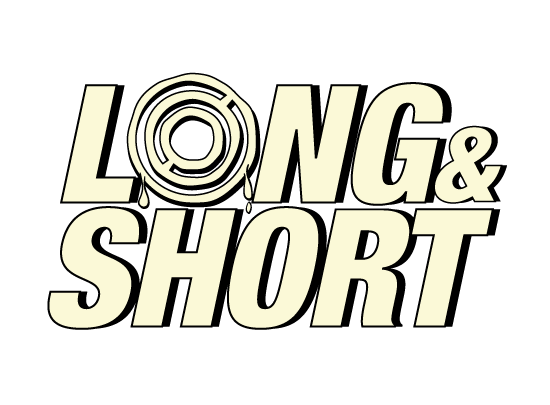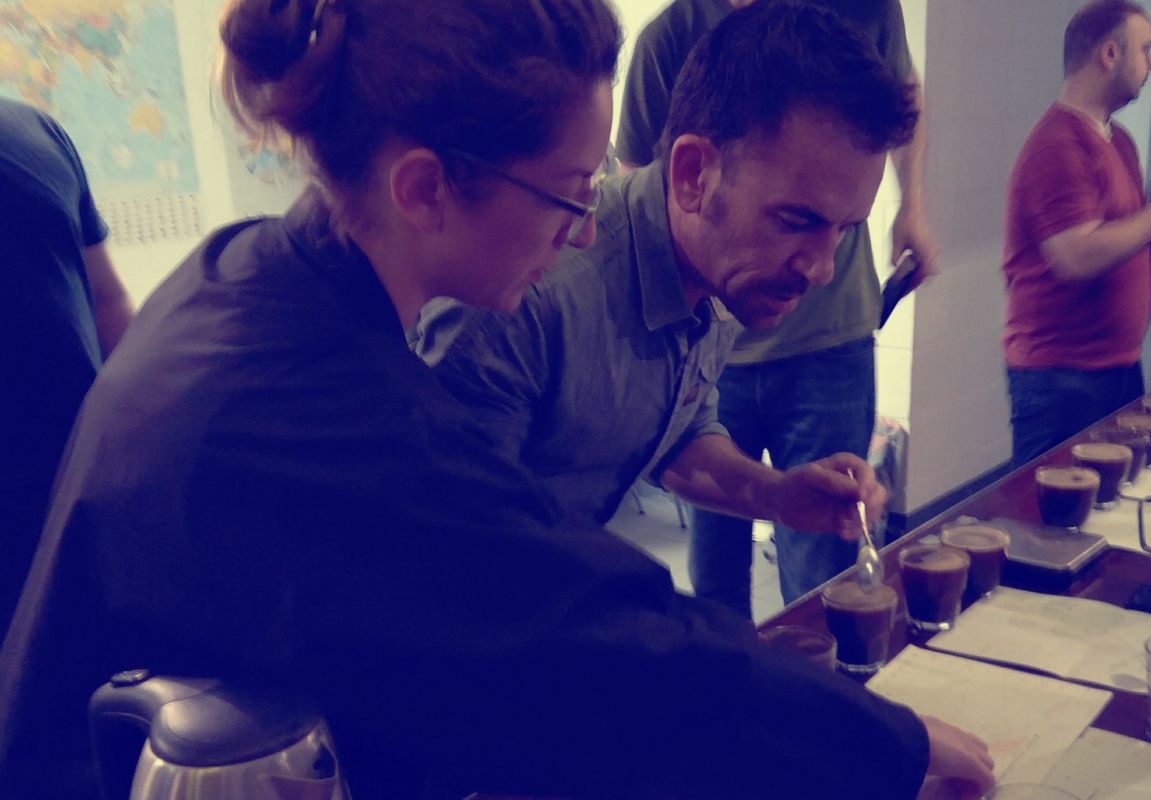He’s written pretty much every book on all aspects of coffee including The Professional Barista’s Handbook, Everything But Espresso, and of course, The Coffee Roaster’s Companion. Some would argue that with such an early focus on consistency and quality, he’s the architect of modern third-wave coffee. I was fortunate enough to attend a roasting workshop with the one and only Scott Rao on his recent visit to London.
How not to prepare ahead of a workshop with Scott Rao
Prufrock, an institution for coffee in its own right, was the host for the workshops. Two were taking place: one in the morning, one in the afternoon. Mine was the latter. This, I thought, gave me enough time to finalise the prep required for the day.
Ahead of the workshop, Scott had sent us all very specific requirements regarding what to bring. This included 2 sample roasts that we either roast a lot or have trouble roasting, along with their respective electronic profile print outs from whichever roasting software we use. Unfortunately, I didn’t have access to a good printer before the workshop, so the graphs I took along were less than ideal!
We also needed to know other attributes about our coffee roasting machines. This included the probe sizes used to measure temperature within various locations in the machine. Also, we needed the RPM (rotations per minute) of the drum speed used for the sample batches. Specifically, Scott instructed us to measure the RPM manually by eyeballing the rotations and timing it for a minute, rather than whatever the manufacturer had specified.
This level of meticulousness was to set the tone for the workshop itself…
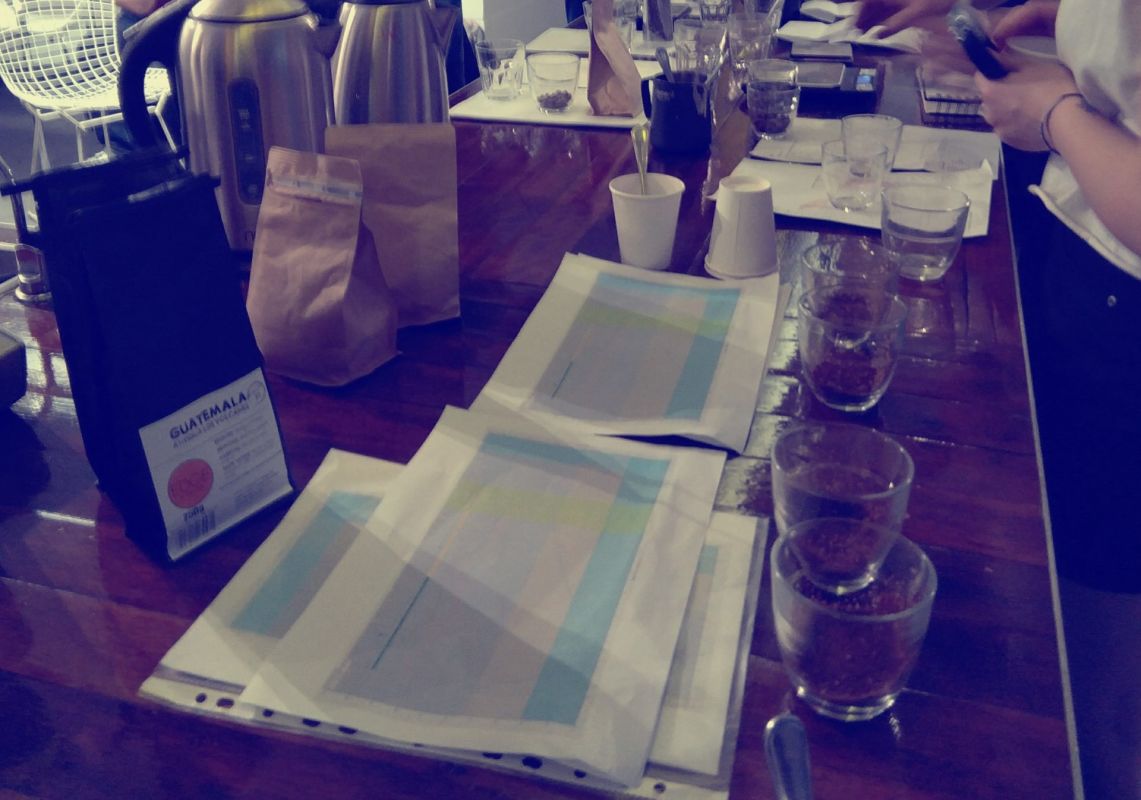
My afternoon with Scott Rao (and loads of friendly coffee roasters)
At Prufrock, I grabbed a lovely cup of filter-brewed Kayon Mountain and met a few of my fellow roasters. Some of them had even flown in especially for the workshop, from Denmark and Poland.
Our afternoon session attendees were split in two and two cupping sessions ensued. Scott then went around the room both cupping and analysing the graphs. We fired questions at Scott throughout the session and it was great to see many roasters like myself — who have largely been locked in a room without a forum for all our thoughts — to finally discuss various topics and get concrete answers from the master.
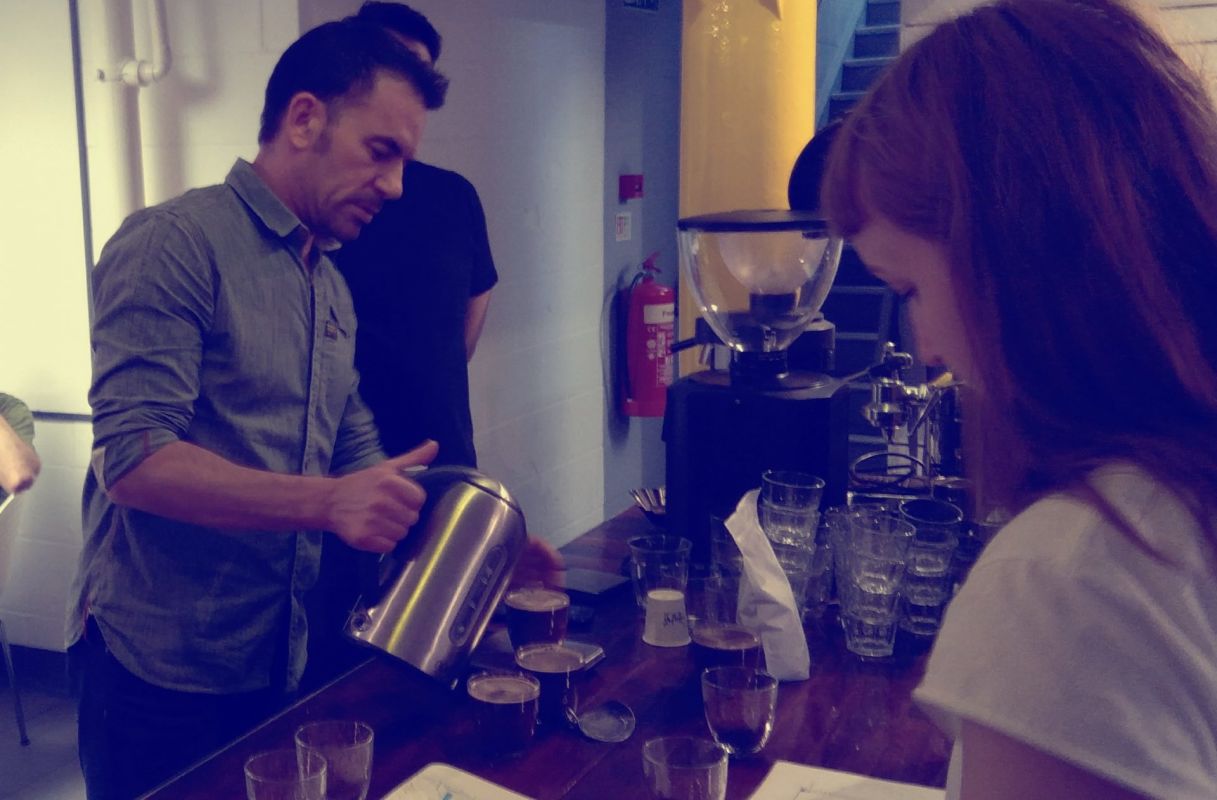
Everyone received feedback in the same way: firm, factual and direct. At times it had the air of something like Masterchef or The Apprentice.
Dun, dun…dunnnn
The feedback for our coffees? Ok, our roasts were somewhat experimental — very hot and fast — in an attempt to squeeze out even more acidity than normal. And our printouts were awful. Scott himself even said as much (!).
To begin with, Scott did comment that we’d captured good fruit notes, so that was on the money from the fast roasts we attempted. Capturing as many flavour notes as possible is something we always aspire for in our roasts. More critically, Scott said that we should aim to arc our ET (environmental temp) more smoothly, and investigate upgrading our probes to increase the accuracy of the readings. This is something we’ve actually been considering for some time. Due to this and the speed of the roasts, some underdevelopment was present.
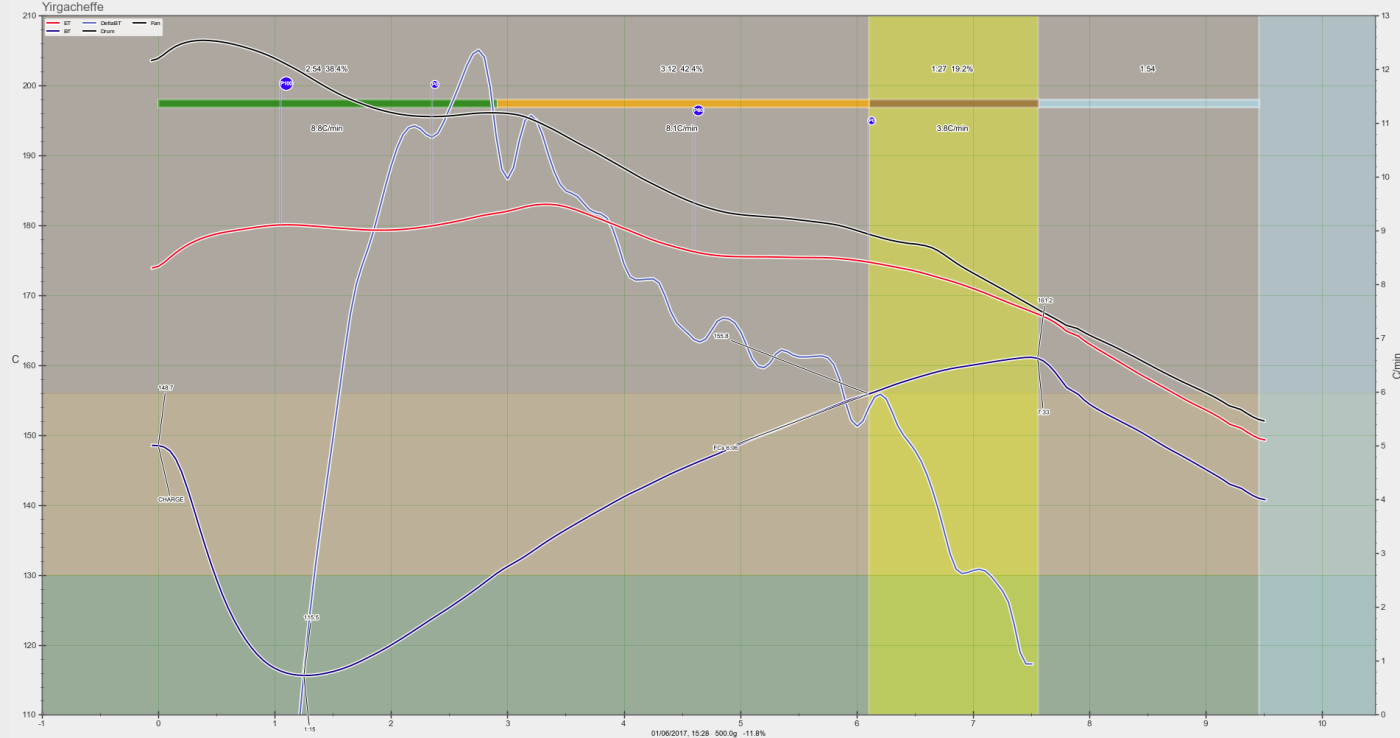
Over the next week we will be installing the new BT (bean temperature) probe and adjusting our roast profiles accordingly. Thicker probes are slower to react to corresponding temperatures. Switching from 6mm to 3mm probes will help us dynamically react to changes in the roast a little more quickly. Check!
We’ve now also updated our settings in the roasting software. The font displays larger, and we removed some of the default colours for what we hope will be slightly better printability — just in case Scott gets to review our roasts again in future!
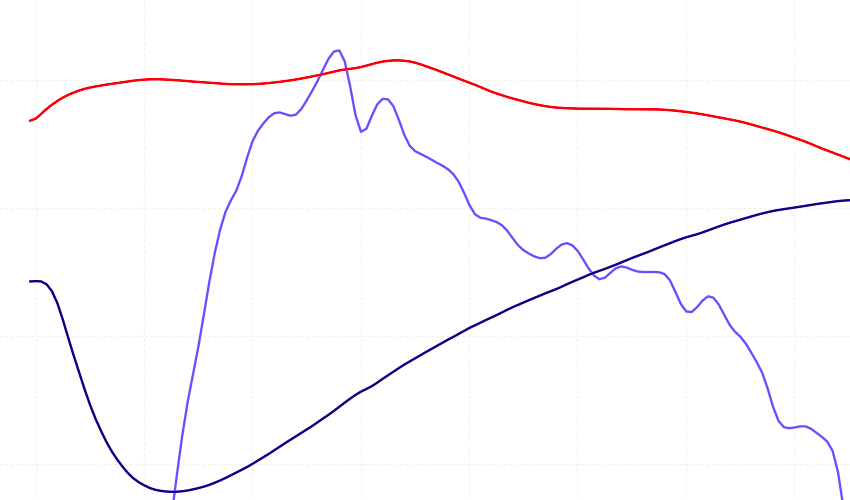
And finally, the ordeal was over
The session as a whole was intense and we didn’t stop once even for a break! However, I believe that all the roasters in the room received the advice they needed; quite impressive considering how many of us were present, with all of our different coffees and profiles.
Thanks to Scott and everyone who attended the session for making it so interesting and useful. It would be good to catch up with everyone again to see how they’ve implemented Scott Rao’s feedback. It would also be good to understand what effect the feedback has had on their production roasts ever since.


